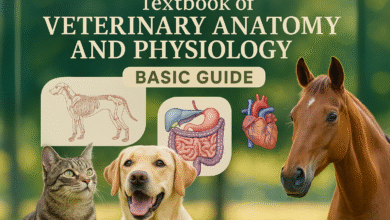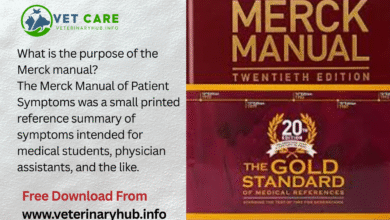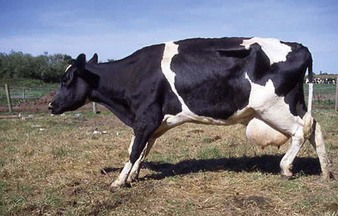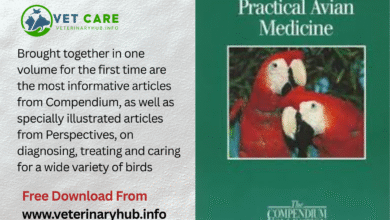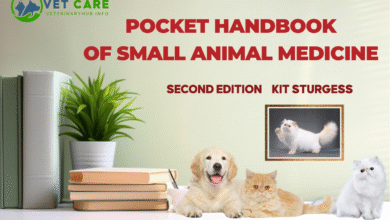Essential Vaccinations for Cats and Dogs Protecting Your Pets Health
Discover the complete vaccination guide for cats and dogs. Learn about core vaccines, schedules, and benefits for your pets’ health. Download our free PDF vaccination chart today!
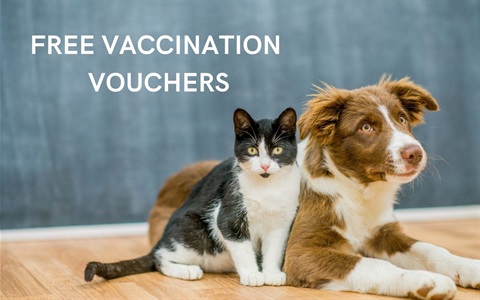
Vaccinations are one of the most important steps in keeping your pets healthy and safe. They protect cats and dogs from serious, sometimes life-threatening diseases while also reducing the risk of spreading infections to other animals and people. In this article, we’ll cover the key vaccines every pet owner should know about, why they matter, and how to create the right vaccination schedule for your furry companions.
Free PDF Download here:
As loving pet owners, we all want our cats and dogs to live long, healthy, and happy lives. One of the most effective ways to ensure their well-being is through regular vaccinations. Vaccines protect your pets from dangerous and often fatal diseases, reduce the risk of outbreaks, and safeguard not only your furry friends but also your family and community.
In this article, we’ll explore why cat and dog vaccinations are so important, the different types of vaccines available, and how to follow the right vaccination schedule. You’ll also find a free downloadable PDF guide at the end of this article, which provides a detailed vaccination chart and schedule for both cats and dogs—making it easier for you to stay on track with your pet’s healthcare.
Why Vaccinations Are Important for Cats and Dogs
Vaccinations work by preparing your pet’s immune system to recognize and fight harmful viruses and bacteria. Without vaccines, pets are at high risk of contracting contagious diseases, some of which can be life-threatening. For example:
- Dogs are commonly vaccinated against rabies, distemper, parvovirus, and canine hepatitis.
- Cats are typically vaccinated against rabies, feline herpesvirus, calicivirus, and panleukopenia.
Regular vaccinations don’t just protect your individual pet—they also help prevent the spread of diseases to other animals in your area. In many regions, rabies vaccination is required by law, not only for your pet’s safety but also for public health protection.
Core and Non-Core Vaccines
Vaccines are generally divided into two categories:
- Core Vaccines – Essential for all cats and dogs, regardless of lifestyle, because they protect against the most severe diseases. Examples include rabies, distemper, and parvovirus for dogs, and rabies, feline panleukopenia, and herpesvirus for cats.
- Non-Core Vaccines – Recommended depending on your pet’s environment and lifestyle. For instance, kennel cough (Bordetella) for dogs that socialize with other dogs, or feline leukemia for cats that spend time outdoors.
Your veterinarian will recommend a custom vaccination plan based on your pet’s age, health status, and risk of exposure.
The Benefits of Vaccinating Your Pets
- Prevents Deadly Diseases – Vaccines save lives by stopping dangerous illnesses before they strike.
- Cost-Effective Protection – Treating diseases like parvovirus or feline panleukopenia can be expensive. Vaccination is far more affordable.
- Legal Requirement – Rabies vaccination is mandatory in many countries. Staying compliant avoids legal issues.
- Peace of Mind – Knowing your pets are protected gives you confidence when they interact with other animals.
- Community Health – Vaccinated pets help reduce the overall spread of diseases in your neighborhood.
Vaccination Schedule for Cats and Dogs
Kittens and puppies usually begin their vaccination series at 6–8 weeks of age, followed by booster shots every few weeks until they are about 16 weeks old. After the initial series, most pets need booster vaccines once a year or every three years, depending on the type of vaccine and veterinary advice.
It’s crucial to stick to the vaccination schedule to ensure your pets receive full protection. Skipping or delaying vaccines can leave them vulnerable.
For your convenience, we’ve prepared a detailed PDF guide that includes vaccination schedules for both cats and dogs. You can download it for free below and use it as a quick reference to track your pet’s healthcare.
Download Your Free PDF Guide
👉 Download PDF: Cat & Dog Vaccination Schedule
This PDF includes:
- A complete vaccination chart for dogs and cats
- Recommended ages for each vaccine
- Notes on boosters and follow-ups
- Space to track your pet’s vaccination records
Keep it handy and share it with other pet owners—it’s a valuable resource for every household with cats or dogs.
FAQs About Cat and Dog Vaccinations
1. Why do pets need vaccinations?
Vaccinations protect pets from contagious and life-threatening diseases and help keep the community safe.
2. Are vaccinations safe for cats and dogs?
Yes. While mild side effects such as slight fever or soreness at the injection site may occur, serious reactions are very rare.
3. How often should pets be vaccinated?
Most pets need core vaccines annually or every three years, but schedules vary depending on age, health, and lifestyle.
4. Do indoor cats need vaccines?
Absolutely. Even indoor cats are at risk of diseases such as rabies or feline panleukopenia. Vaccination is essential for all cats.
5. Can vaccines make my pet sick?
Vaccines are designed to prevent illness, not cause it. In rare cases, mild reactions occur, but the benefits far outweigh the risks.
6. Is rabies vaccination legally required?
Yes, in many countries and regions, rabies vaccination is mandatory by law for dogs, and often for cats as well.
7. What happens if I miss a vaccine booster?
If a booster is missed, your pet may need to restart the vaccination series. Always consult your veterinarian.
8. Can older pets be vaccinated?
Yes. Senior pets can and should be vaccinated, though your veterinarian may adjust the schedule based on their health.
9. How do I know which vaccines my pet needs?
Your veterinarian will recommend the best vaccination plan based on your pet’s age, breed, health, and exposure risk.
10. Can vaccination prevent zoonotic diseases?
Yes. Vaccines like rabies help prevent diseases that can be transmitted from pets to humans.
This article not only provides valuable information but also encourages visitors to download your free PDF, boosting engagement and helping them return to your site for trusted veterinary resources.
Need Veterinary Help?
If you have questions about animal health, management, diseases, or treatment, our professional veterinary team is here to help.
Consult Online: Contact Us
Email: professionaldvm129@gmail.com
Visit: www.veterinaryhub.info

